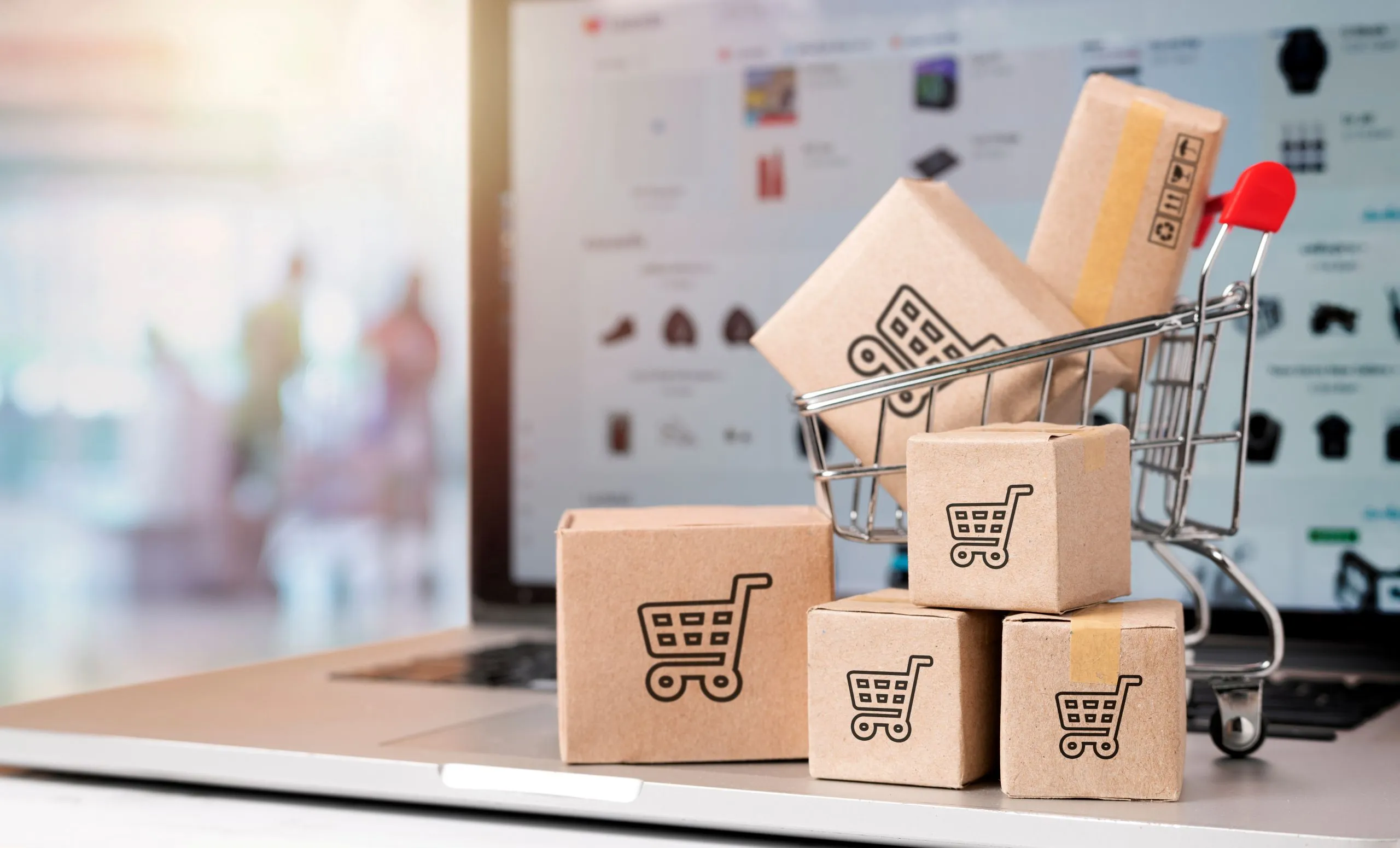In today’s rapidly growing e-commerce landscape, logistics processes are of vital importance for brands aiming to enhance customer satisfaction and stand out in the competition. The timely, accurate, and damage-free delivery of products plays a key role in customer loyalty and brand reliability.
The Role of Logistics in E-Commerce Success
Logistics is the invisible hero behind the scenes of e-commerce. The process that begins with a purchase decision goes through multiple stages until the product reaches the customer. Each of these stages directly affects customer satisfaction. Shipping delays, incorrect product deliveries, incomplete packaging, or complicated return procedures can damage your brand perception. However, a well-designed logistics chain not only reduces costs but also increases customer loyalty.
In this article, we will take a step-by-step look at the fundamental actions that must be taken to achieve success in e-commerce logistics.
1. Get Logistics Planning Right
The first step to success in e-commerce logistics is proper planning from the very beginning. Every stage—such as inventory management, order processing, shipping agreements, and return procedures—must be thoroughly planned and optimized according to the business’s specific needs.
Good logistics planning enables you to anticipate seasonal peaks, handle increased order volumes during campaign periods, and keep costs under control. Therefore, the planning phase directly influences the operational success of the business in the future.
2. Optimize Warehouse Management
For products to be shipped quickly and accurately, warehouse operations must be efficient. A well-organized warehouse—with structured layout, strategic product placement, barcode systems, and automation solutions—shortens order preparation time and reduces error rates.
Additionally, organizing products based on categories, order frequency, or size enhances labor efficiency and speeds up operations. It is highly recommended to use Warehouse Management Systems (WMS) to digitally track and manage these processes.
3. Kargo ve teslimat seçeneklerini çeşitlendirin
Müşteriler, alışveriş esnasında teslimat süresi ve seçeneklerine büyük önem verir. Bu nedenle tek bir kargo firmasıyla çalışmak yerine, farklı kargo ve teslimat alternatifleri sunmak müşteri deneyimini iyileştirir. Aynı gün teslimat, ertesi gün teslimat veya belirli saat aralığı seçimi gibi esnek çözümler, memnuniyeti artırabilir.
Kargo firmalarının sunduğu hizmet seviyelerini düzenli olarak kontrol etmek, teslimat süreçlerindeki olası aksaklıkların önüne geçilmesini sağlar. Ayrıca entegrasyonlu bir sistem ile kargo takip bilgilerini anlık olarak müşterilere sunmak, şeffaflık açısından önemlidir.
4. Diversify Shipping and Delivery Options
Customers place great importance on delivery time and flexibility during their shopping experience. Therefore, instead of relying on a single courier company, offering multiple shipping and delivery alternatives improves the overall customer experience. Flexible solutions such as same-day delivery, next-day delivery, or time-slot selection can significantly boost satisfaction.
Regularly monitoring the service levels provided by courier companies helps prevent potential disruptions in the delivery process. Additionally, providing customers with real-time tracking information through an integrated system is crucial for ensuring transparency.
5. Design Customer-Friendly Return Processes
Return rates in e-commerce are higher than in other types of commerce. Therefore, a return process that is easy, fast, and transparent has a significant impact on customer satisfaction. A clear and understandable return policy should be established, and the return process should be trackable online.
The reverse logistics process of returned items must also be well-managed operationally. Returned products should be inspected promptly, evaluated for resale eligibility, and reintegrated into the system as quickly as possible.
6. Leverage Technology
Utilizing the capabilities offered by technology provides a major advantage in achieving successful e-commerce logistics. Systems such as Order Management Systems (OMS), Warehouse Management Systems (WMS), and shipping integration software enable processes to be carried out faster, more efficiently, and with fewer human errors.
Additionally, AI-powered analytics tools can be used to forecast sales and accurately determine stock levels during campaign periods. Automation systems accelerate order picking and packing processes, thereby reducing operational costs.
7. Simplify the Process with Fulfillment Services
For e-commerce companies, fulfillment services mean outsourcing the entire logistics process to a professional third party. Operations such as warehousing, order preparation, shipping, and return management are handled by fulfillment providers. This allows e-commerce businesses to relieve themselves of operational burdens and focus on sales and marketing.
Fulfillment services offer significant advantages in terms of scalability and flexibility—especially for fast-growing brands. Additionally, they make it possible to offer shorter delivery times, enhancing the overall customer experience.
8. Prioritize Customer Satisfaction
E-commerce logistics is not just about transporting products. Delivery time, packaging quality, communication during the shipping process, and the ease of returns—all form an essential part of the customer experience. Therefore, your logistics strategy should adopt an approach that prioritizes customer satisfaction.
Taking post-delivery feedback into account is a valuable way to identify and improve problematic processes. Additionally, including small gestures in the packaging process—such as a thank-you note or a gift coupon—can have a positive impact on customer loyalty.
9. Regularly Analyze Performance
Conducting performance analysis is crucial for enhancing the efficiency of logistics operations. Key performance indicators (KPIs) such as order fulfillment time, delivery time, return rate, and product damage rate should be evaluated periodically to identify bottlenecks in the process.
Through these analyses, inefficient steps can be improved, customer complaints can be reduced, and logistics operations can become more sustainable. A commitment to continuous improvement will give you a competitive edge.
E-commerce logistics is not merely about delivering a product to the customer. Every step in the process reflects your brand’s professionalism and the relationship you build with your customers. With the right planning, technological infrastructure, reliable partners, and a customer-focused approach, you can make your logistics operations more efficient and succeed in e-commerce.
If you want to manage all these processes with professional support and reduce your operational burden, we invite you to explore our end-to-end e-commerce logistics and fulfillment services.





